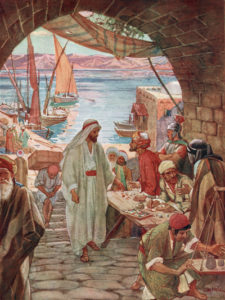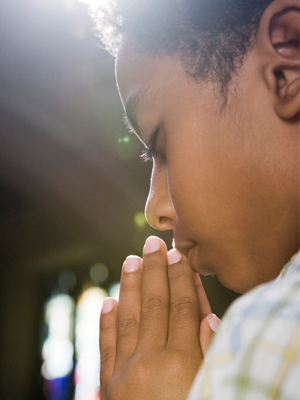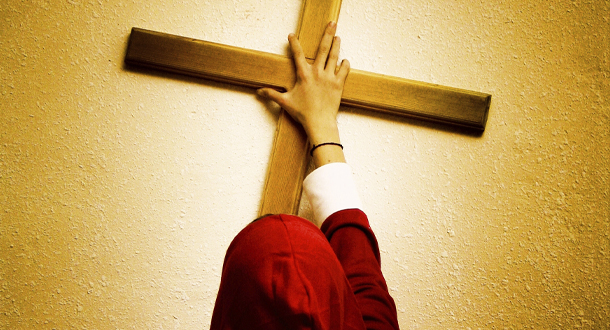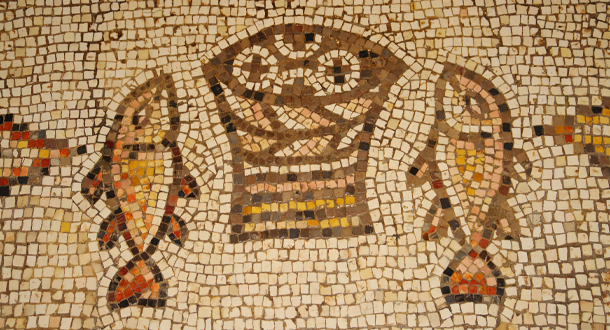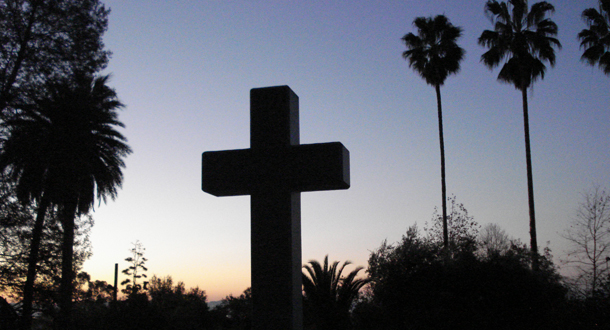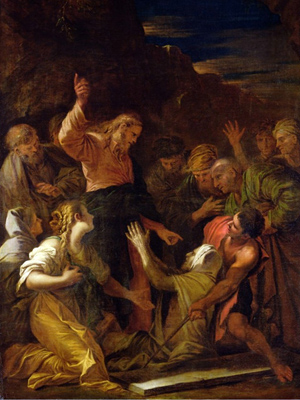
First Sunday of Lent
Scripture:
Genesis 9:8-15
1 Peter 3:18-2
Mark: 1:12-15
Reflection:
“Never again will the waters become a flood to destroy all life. Whenever the rainbow appears in the clouds, I will see it and remember the everlasting covenant between God and all living creatures of every kind on the earth” (Genesis 9:15-16)
When I was growing up it was difficult for me to decide what to give up for Lent such as candy or going to the movies. As an adult, I look for opportunities to grow spiritually rather than give something up. Slowing down for daily prayer allows us to bring our many concerns and questions to God. How long will we be cooped up? How long will I have to work from home? How will I pay the bills being furloughed from my job? Will my mother be healed from her cancer? Will I make it through the pandemic? Why is God letting this happen to me?
In today’s first reading from the book of Genesis, God makes a covenant with Noah and his descendants and when a rainbow appears in the clouds we will remember God’s covenant with us. For a rainbow to occur it requires both sun and rain. God doesn’t promise us there will be no more storms with thunder and lightning. God promises to always love us and be with us and there is life after the storm. This Lent let us slow down and reflect upon our experiences of God’s covenant in our own life. Let us slow down to marvel at the wonder of our rainbows.
Carl Middleton is a theologian/ethicist and a member of the Passionist Family.

